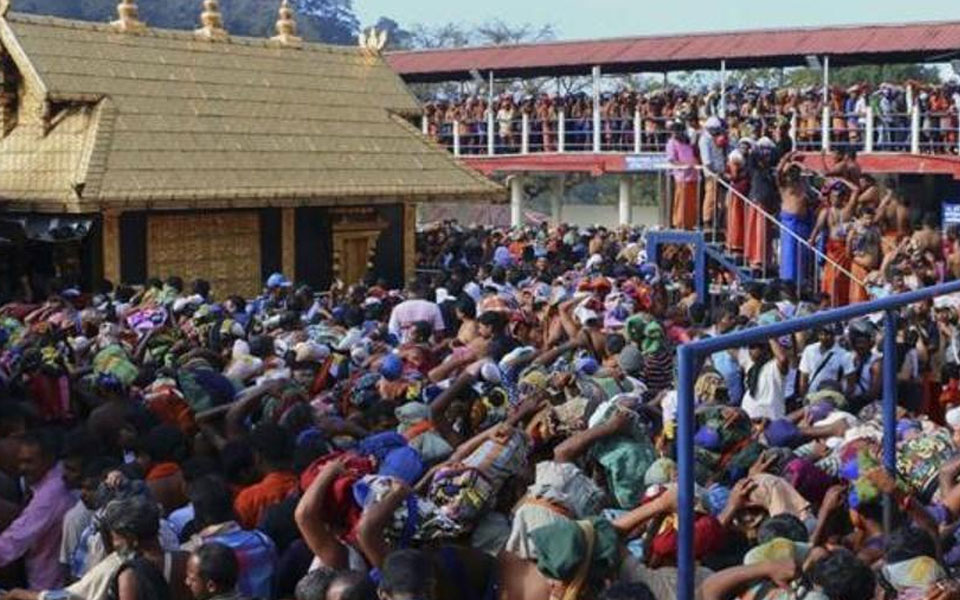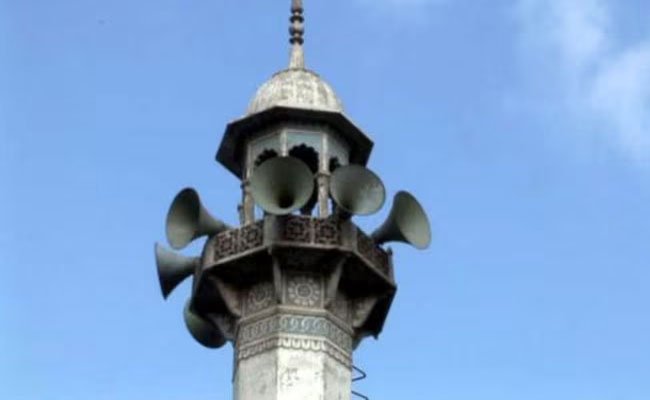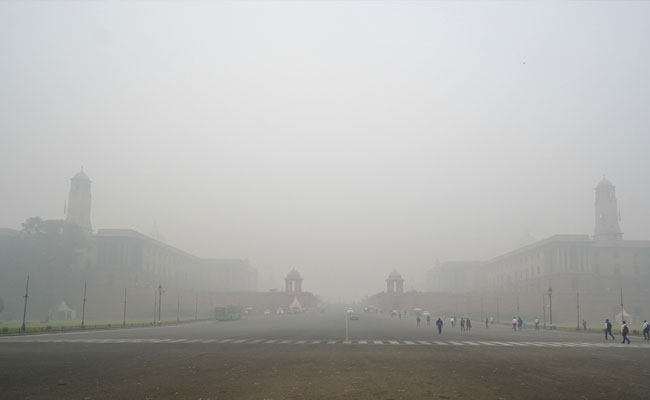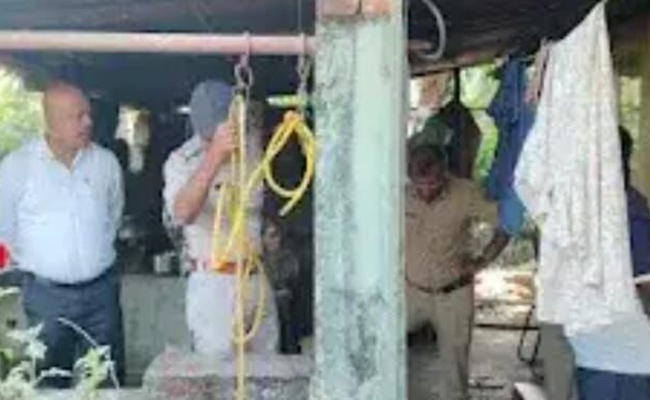NEW DELHI: The right of a woman to pray is a constitutional right and does not depend on laws, the Supreme Court said today while hearing a bunch of petitions that challenge the traditional ban on the entry of women between 10 and 50 years of age in the famous Sabarimala temple. Women are of an age to menstruate are restricted from entering the temple as its presiding deity, Lord Ayyappa, is considered to be a celibate.
The temple board has even made it mandatory for women to provide age proof before they are allowed in.
"Every woman is also the creation of God and why should there be discrimination against them in employment or worship," said Justice DY Chandrachud, who was part of the five-judge Constitution bench hearing the case.
"All persons are equally entitled to freedom of conscience and the right freely to profess, practice and propagate religion... This means your right as a woman to pray is not dependent on a legislation. It is your constitutional right," the judge said.
In October last year, the top court referred the issue to the Constitution bench, framing five "significant" questions, the chief is which is whether the ban amounts to discrimination against women and violates their Constitutional rights. The bench, headed by Chief Justice of India Dipak Misra, also has Justices RF Nariman, AM Khanwilkar, and Indu Malhotra.
Today, state minister K Surendran said women should be allowed to offer prayers at Sabarimala, voicing the longstanding stance of the state's ruling CPM. "You are changing your stand again. This is the fourth time," Chief Justice Dipak Misra said, referring to the stands taken by the earlier governments.
The age notification, Justice Nariman said, is "arbitrary" as it "leaves out the 9-year-old girl and 53-year-old woman who are menstruating.
courtesy : ndtv.com
Let the Truth be known. If you read VB and like VB, please be a VB Supporter and Help us deliver the Truth to one and all.
Belagavi (Karnataka) (PTI): Members of the Opposition BJP on Tuesday slammed the Karnataka government for not taking measures to prevent the alleged noise pollution caused by 'azaan', the Islamic call to prayer.
BJP MLC D S Arun raised the issue in the Legislative Council during the question hour, accusing the ruling Congress of "appeasement" by failing to take action against mosques that are violating the Supreme Court's directives.
Karnataka Minister for Forest, Ecology and Environment Eshwar Khandre, responding to the question, said, as per the directives of the Supreme Court in sensitive zones, the noise level should not exceed 50 decibels during the day and 40 decibels at night, and in residential areas, 55 decibels during the day and 45 decibels at night.
In commercial areas, the noise should not exceed 65 decibels during the day, 55 at night, and in industrial areas, 75 during the day and at night 70 decibels, he said.
Pointing out that the Karnataka government had issued an order in 2022, assigning responsibility to a committee headed by a DySPs or ACPs for the effective implementation of the rules, the minister said when a complaint is received about noise pollution, the Pollution Control Board will inspect it and provide information about the decibel level to the police to take further action, including filing of criminal cases.
ALSO READ: Udupi: Toddler slips from mother's hand while drawing water from well, dies
"Not only during azaan, but also during bhajans held in temples and marriage events, among others, the violations happen. There is a need to spread awareness. The Supreme Court has ordered against bursting firecrackers, but it is being violated. Efforts will be made to implement the rules effectively," he said.
Several BJP MLAs, including Arun, Bharathi Shetty, among others, were not satisfied with the minister's reply. They took strong exception to it.
Arun noted that in the last three years, only 52 cases have been taken, and said there are clear violations by almost all mosques, but no action has been taken. "The decibels have in fact increased under this government. The government is giving protection to them."
Reacting to this, Khandre, calling it a "sensitive matter", said, "It is not right to politicise the issue. The law of this land is equal for everyone."
Hitting back, Arun asked, "Why is the matter sensitive? What is preventing you (the government) from implementing the Supreme Court directives?"





